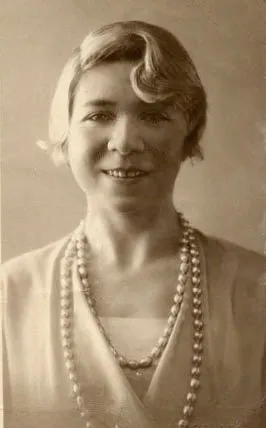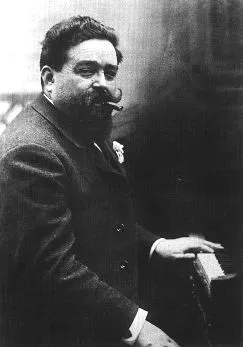
Full Name: John Fitzgerald Kennedy
Birth Year: 1917
Presidency: 35th President of the United States
Term in Office: 1961 to 1963
Death Year: 1963
Political Party: Democratic Party
Notable Events: Cuban Missile Crisis, Civil Rights Movement
Famous Quote: "Ask not what your country can do for you; ask what you can do for your country."
John F. Kennedy: A Legacy of Leadership and Change
John Fitzgerald Kennedy, born on May 29, 1917, in Brookline, Massachusetts, emerged as one of the most iconic figures in American history. Serving as the 35th President of the United States from January 20, 1961, until his tragic assassination on November 22, 1963, Kennedy's life and presidency had a profound impact on the nation and the world.
Before ascending to the presidency, Kennedy attended Harvard University, where he earned a degree in international affairs. His political career began in 1946 when he was elected to the U.S. House of Representatives. After serving three terms, he was elected to the Senate in 1952. Kennedy was recognized for his charisma, intellect, and commitment to public service, all of which captured the public's attention.
His presidential campaign in 1960 was marked by a series of debates against then-Vice President Richard Nixon, which were nationally televised and changed the landscape of American politics. Kennedy's youthful vigor and articulate speaking style won over many Americans and helped him secure a narrow victory in a highly competitive election.
As president, Kennedy championed several significant initiatives. He is perhaps best known for his leadership during the Cuban Missile Crisis in 1962, a pivotal moment that brought the world to the brink of nuclear war. His diplomatic skill and resolve in dealing with the Soviet Union showcased his capability as a leader under pressure.
In addition to foreign affairs, Kennedy focused on domestic issues, advocating for civil rights and social programs aimed at improving the welfare of Americans. His commitment to the space race led to the ambitious goal of landing a man on the moon, igniting a passion for exploration and innovation that continues to inspire generations.
The Peace Corps, an initiative launched in 1961, sought to promote global peace and friendship through volunteer service abroad, further illustrating his vision of a more interconnected and cooperative world.
Despite his accomplishments, Kennedy's presidency was not without challenges. He faced significant opposition in Congress, particularly regarding civil rights legislation. However, his straightforward acknowledgment of civil rights issues and subsequent advocacy laid the groundwork for future progress in the movement.
Tragically, Kennedy's life was cut short when he was assassinated in Dallas, Texas, on November 22, 1963. His assassination shocked the nation and led to a period of mourning and national introspection. Following his death, Kennedy's legacy grew, influencing countless leaders and citizens to strive for equality, peace, and a better future.
Today, the legacy of John F. Kennedy endures, symbolizing hope, vision, and determination. His words, "Ask not what your country can do for you, ask what you can do for your country," continue to resonate, inspiring civic engagement and responsibility in citizens around the world.






